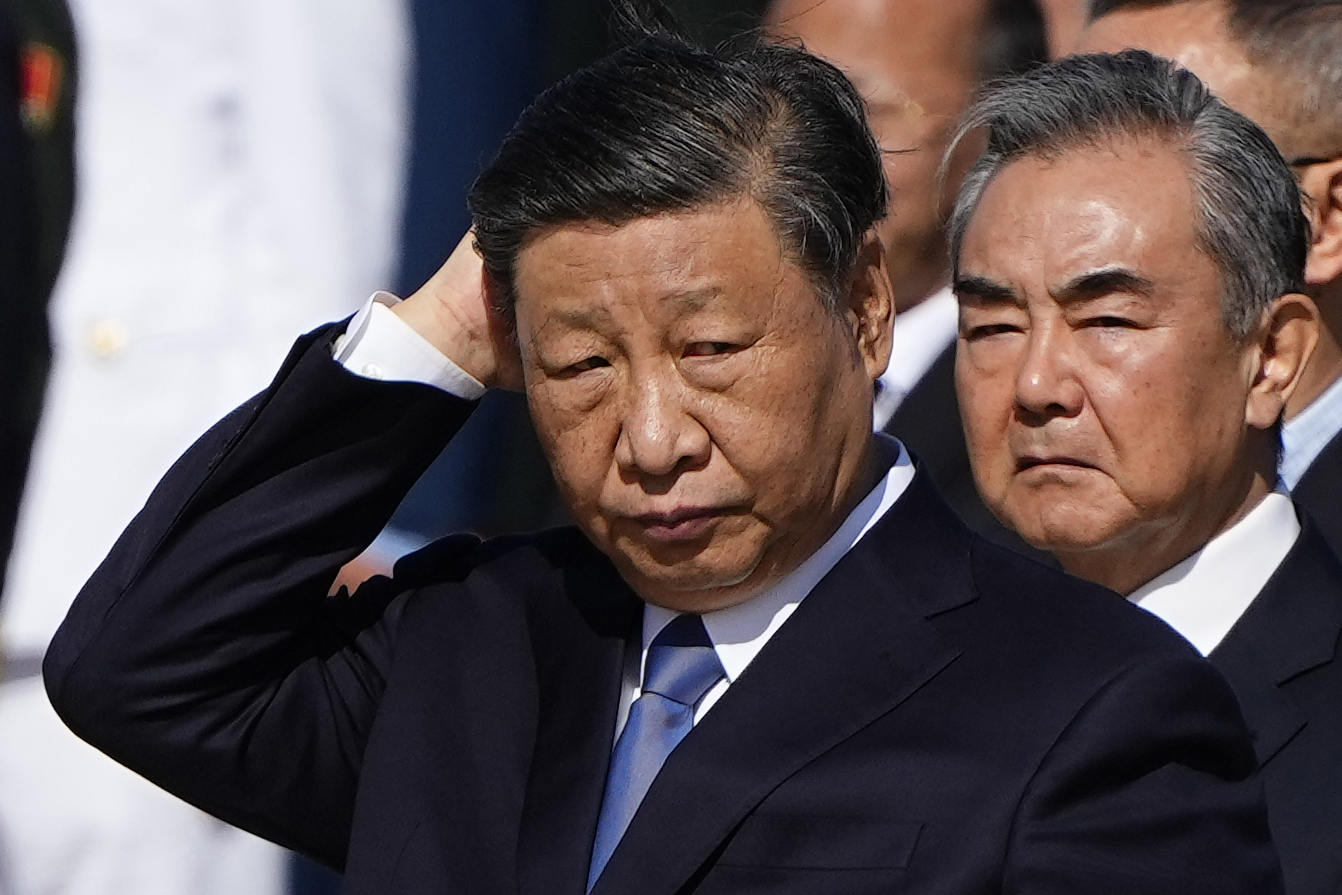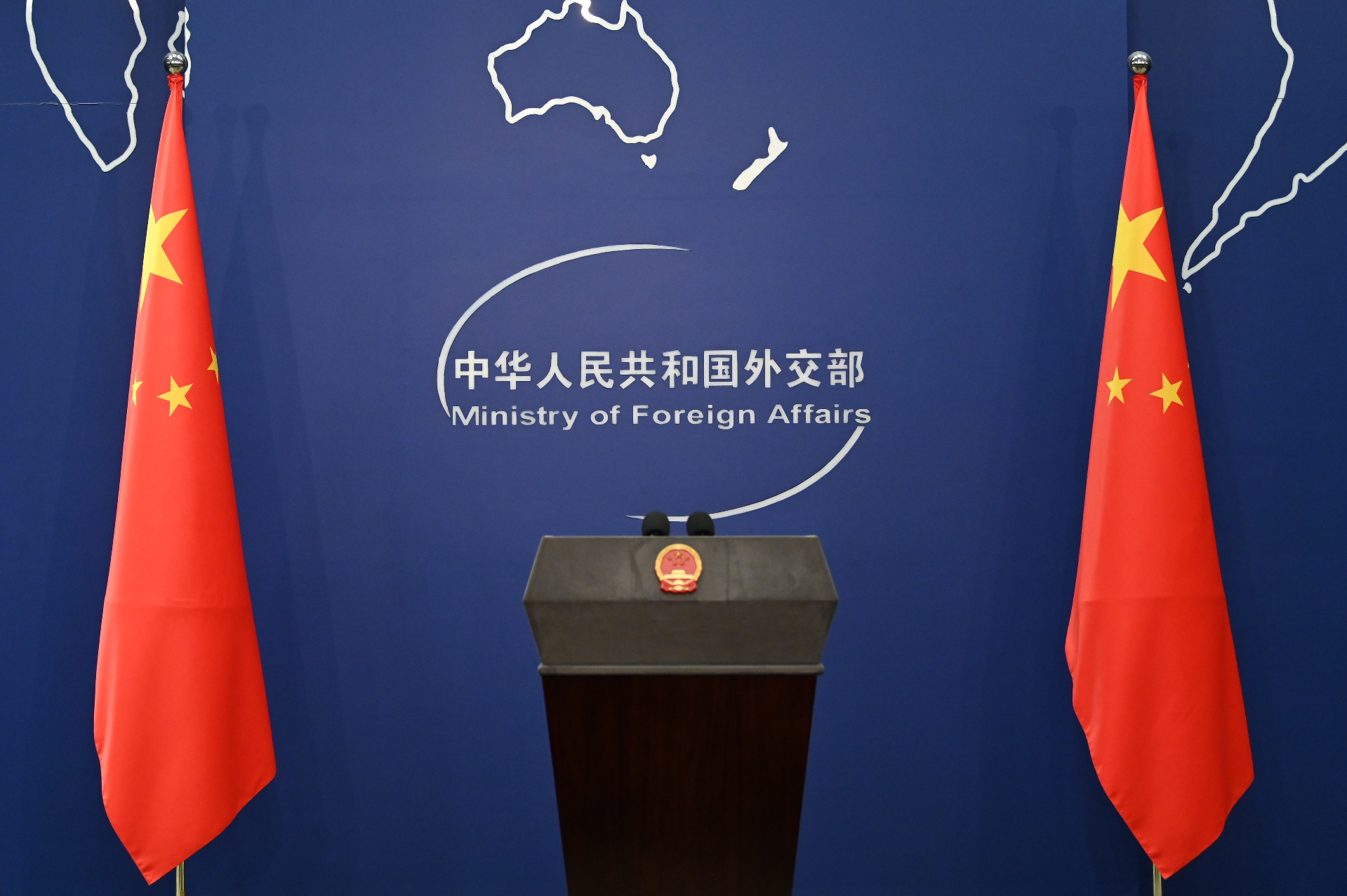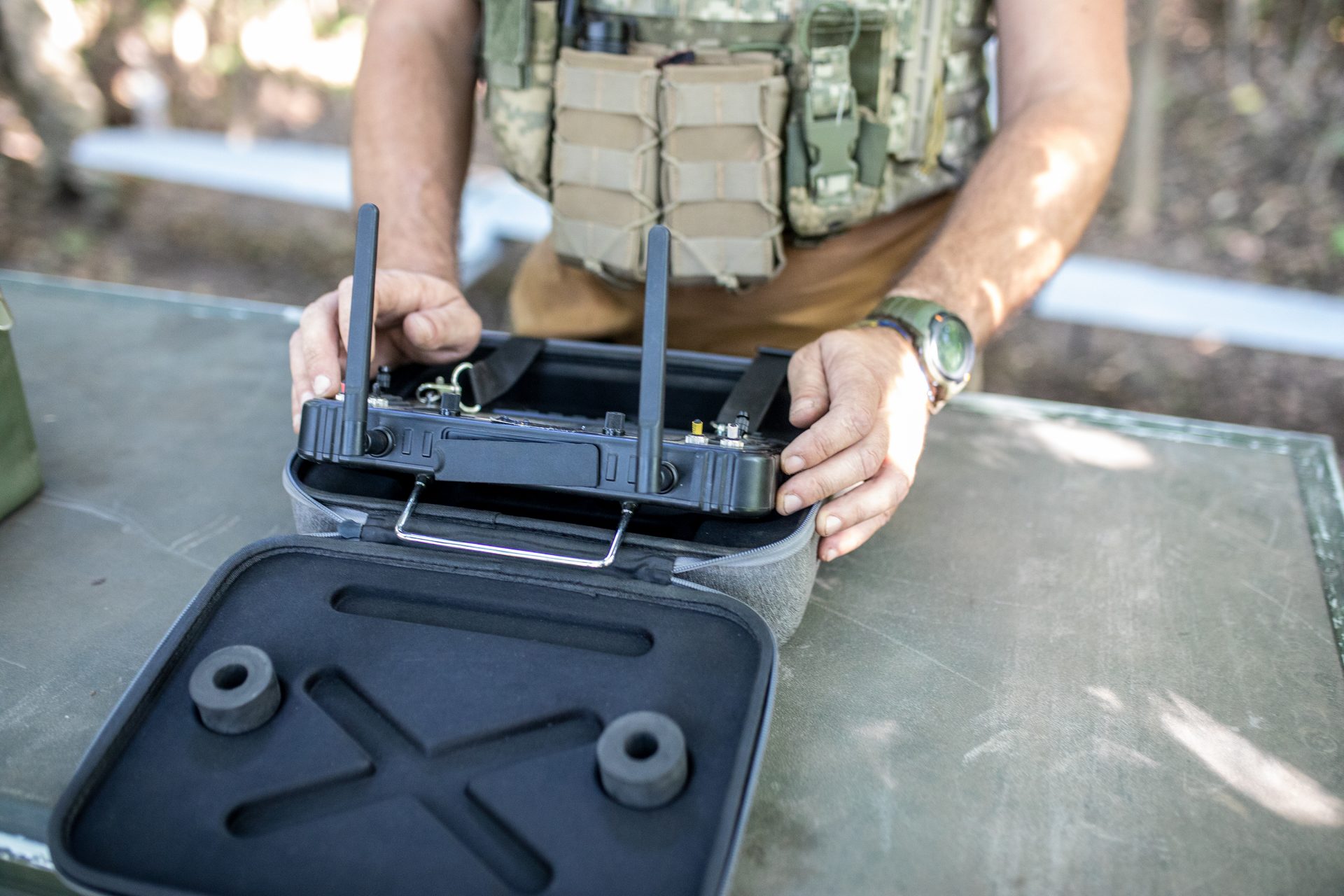Two attacks revive fears of what the US claims to be a Chinese state hacking program
The Wall Street Journal and the US Department of Justice recently revealed two major hack attempts from Chinese sources, deepening the US Government’s concern about a state program.
The WSJ revealed that a group of hackers intruded on telecom companies and might have accessed the system for court-authorized wiretapping.
Just a few days earlier, the Justice Department said it stopped an army of infected devices from accessing vital Government and Military infrastructure.
According to NPR, a private company helped identify hundreds of compromised devices, such as home routers, modems, cameras, and DVRs.
According to Asia Financial, the Chinese Foreign Ministry responded by claiming the Government had nothing to do with the hacking and that it is not the first time the US has attacked it with that “narrative.”
France Press said the FBI believes China has an extensive hacking program. China has always denied it and told the agency it firmly opposes cyberattacks.
Still, in February, a rare online dump of documents showed the opposite might be true. The papers belonged to a private contractor that works closely with Government agencies.
Experts cited by AP News and their Chinese correspondents called the leak a “rare window” into the spying and social control services the company, I-Soon, provided.
Image: The Digital Artist / Pixabay
According to the news agency, the leaked contracts, marketing presentations, product manuals, and client lists provide details on how they surveil dissidents and hack organizations.
It also showed the Government's methods to push Chinese-friendly narratives on social media and access private accounts or emails.
The AP said the documents detailed operations in sensitive territories, like Hong Kong, where several protests have happened, or Taiwan.
According to the AP, the documents showed hacking tools were used to unveil X (Twitter) users, break into emails, and use devices disguised as power strips and batteries to compromise WiFi networks.
The firm was a contractor for the Ministry of Public Security, eleven provincial-level security bureaus, and local security departments.
The targets were also high profile, including ethnic minorities, dissidents behind protests, and even other Governments and ministries.
France Press, which also accessed the documents, claims that at least close to a dozen governments were targets of the company's hacking efforts, including British institutions.
AP News claims the source of the leak has not been identified, but it seems likely that they are inside China. However, two workers told the agency that there is an ongoing investigation.
The Chinese Ministry of Foreign Affairs told France Press they were unaware of the document dump and the hacking of other Governments.
More for you
Top Stories






























